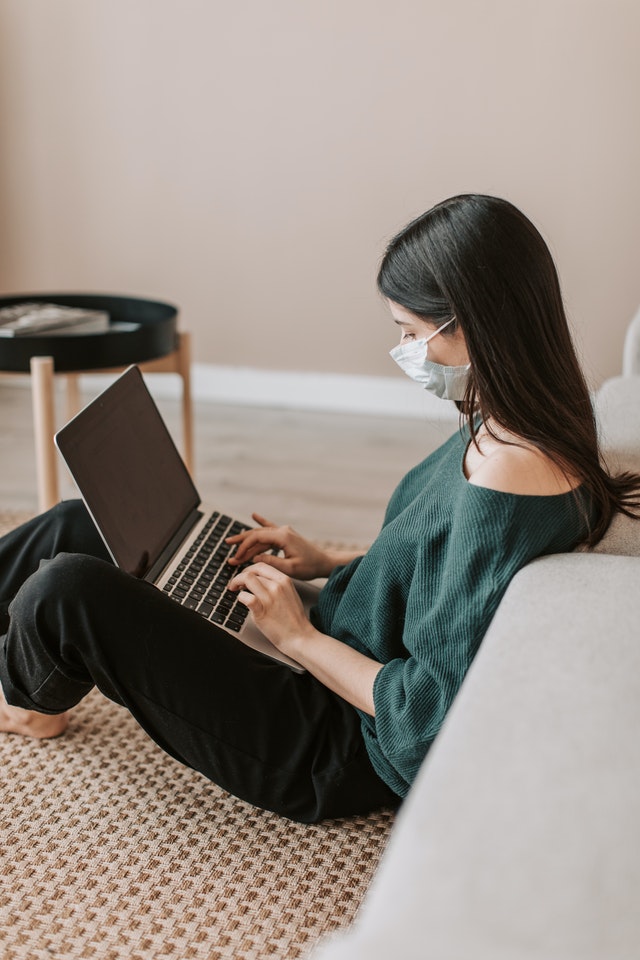
The world is battling the COVID-19 crisis, caused by the coronavirus. The disease has affected our normal ways of living in so many ways. In a bid to flatten the curve of infections through social distancing, we are no longer able or are not allowed to move freely.
People have also lost jobs while others have been forced to work from home. The worst of them all is the discrimination that has been subjected to COVID-19 patients, even after recovering from the disease. This article sheds light on some of the many ways people with COVID-19 are been discriminated against and what can be done to stop the stigma.
- Name-Calling
Due to the seriousness of the COVID-19 disease, people who have contracted the disease have been called names and labeled against. Most unfortunately, even the media and healthcare workers have also used some sensitive names. These names include; COVID-19 cases, COVID-19 patients, COVID-19 survivors among many others. What so many people may not know is that such names contribute to singling out such people from the rest of the community. It is unfair to refer to these people with such names because they are trying their best to bury the trauma they are or underwent with the disease. Instead of such names, refer to those infected or survived as just patients without attaching the name COVID-19 to it.
- Spreading Misinformation About COVID-19 Patients
Another form of discrimination that causes stigma related to COVID-19 is spreading misinformation about the disease. Misinformation and fake news about COVID-19 only increases fear and panic among the public. This is fear and panic dehumanizes the disease, causing people to look at infected people as aliens. Since much of the information comes especially from social media, stop watching too much news and reduce your screen time.
- Stereotyping
Many are the times, due to misinformation and fakes news people have stereotyped others, especially those exhibiting signs and symptoms of COVID-19. Although it is recommended to remain vigilant of people with such signs and symptoms, it is wrong to conclude that such people are indeed suffering from the disease. Stereotyping in this case means assuming that someone else is infected just by looking at them. It also means assuming that certain people are the only ones who can be infected, and not anyone else.
- Alleviation
Being avoided by people in society is a bad thing, but being segregated by the very people who ought to take care of you is a different story. Most people mistake the need for social distancing with total alienation. People who do that to patients who are or have battled COVID-19 are disillusioned that they are themselves going to be infected just out of relating with such people. Associating with people suffering from the disease cannot make you infected as long as you maintain social distance and the other preventive measures like disinfecting the surfaces they encounter. The much you can do for people exhibiting signs and symptoms of COVID-19 is to call for medical help for them and wait for test results.
- Physical Abuse
The worst thing that can happen to people battling or have recovered from COVID-19 is physical and sexual abuse. The requirement for self-isolation should not be an opportunity for other members of the community to abuse such people physically or sexually. On the contrary, it should be the best moment to give them hope and courage to face the pandemic even better and stronger.
Although deadly, COVID-19 is just a normal disease like any other, and people have and continue to recover from it. Provided such people maintain and adhere to the rules laid down by the CDC and the WHO, they should not be discriminated against or stigmatized. This will help us combat this disease and get back to normal a lot faster.
